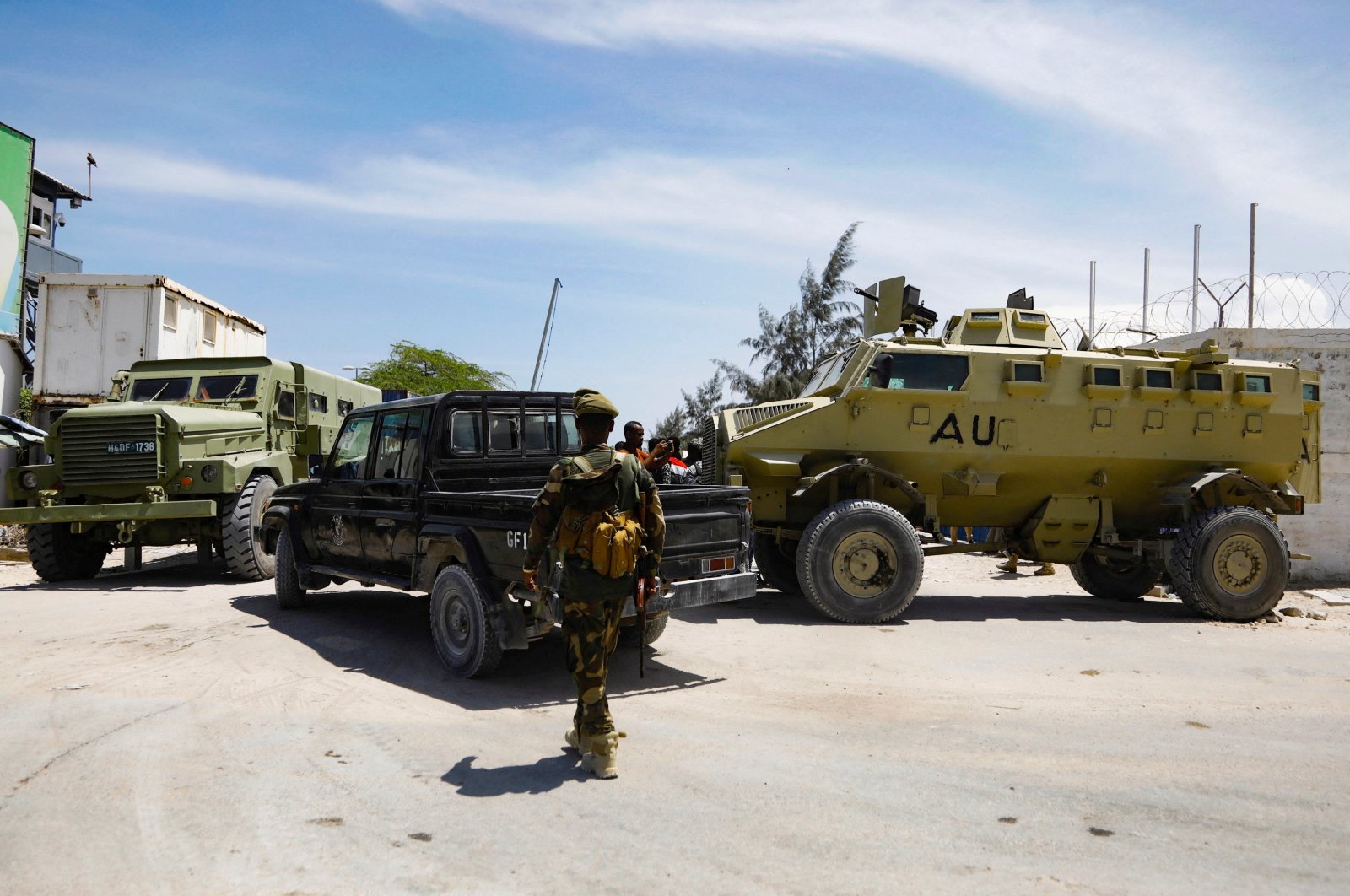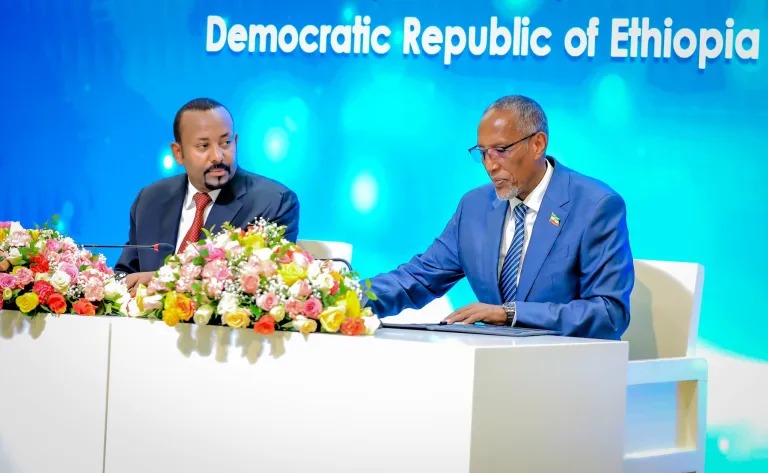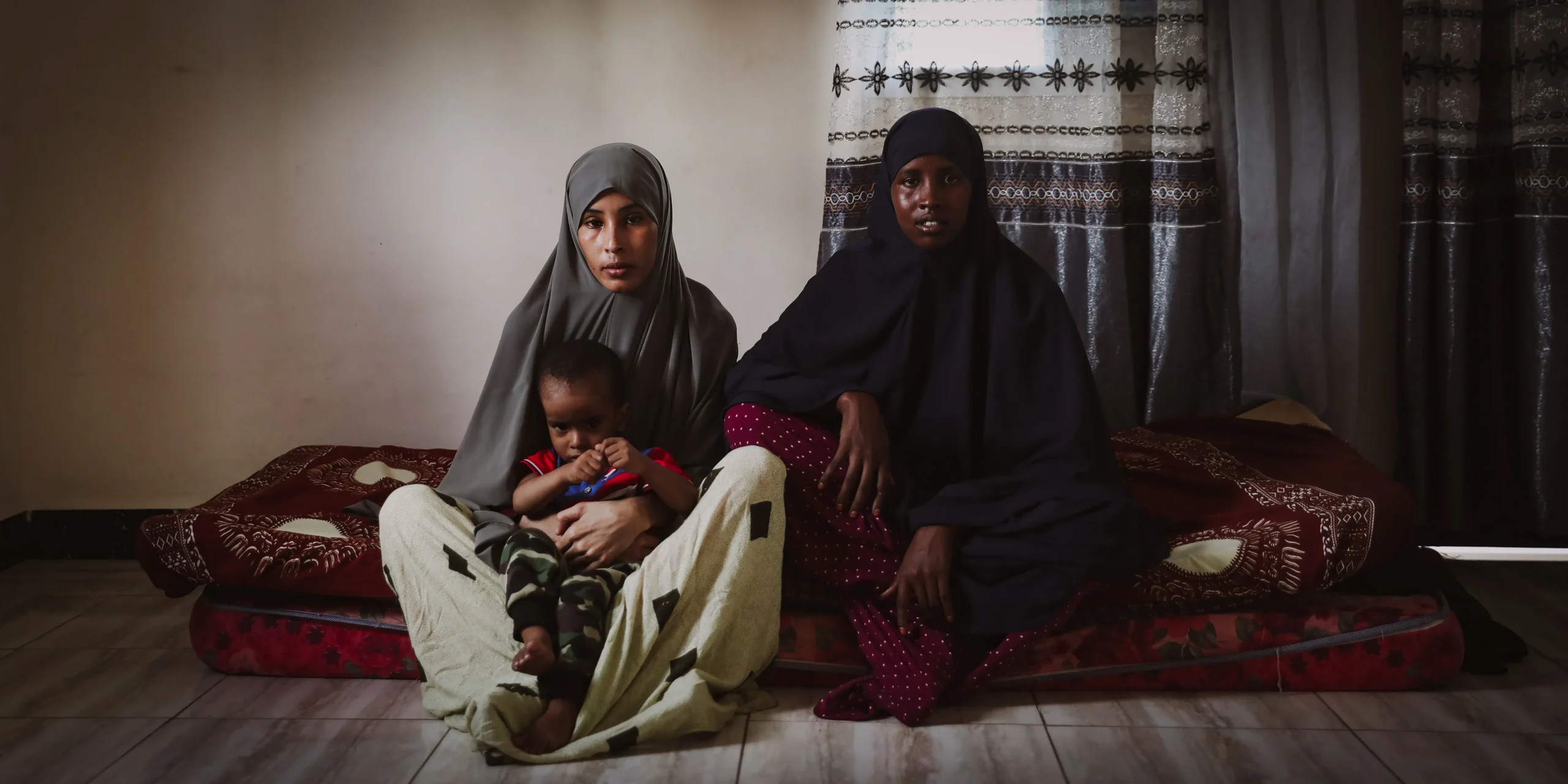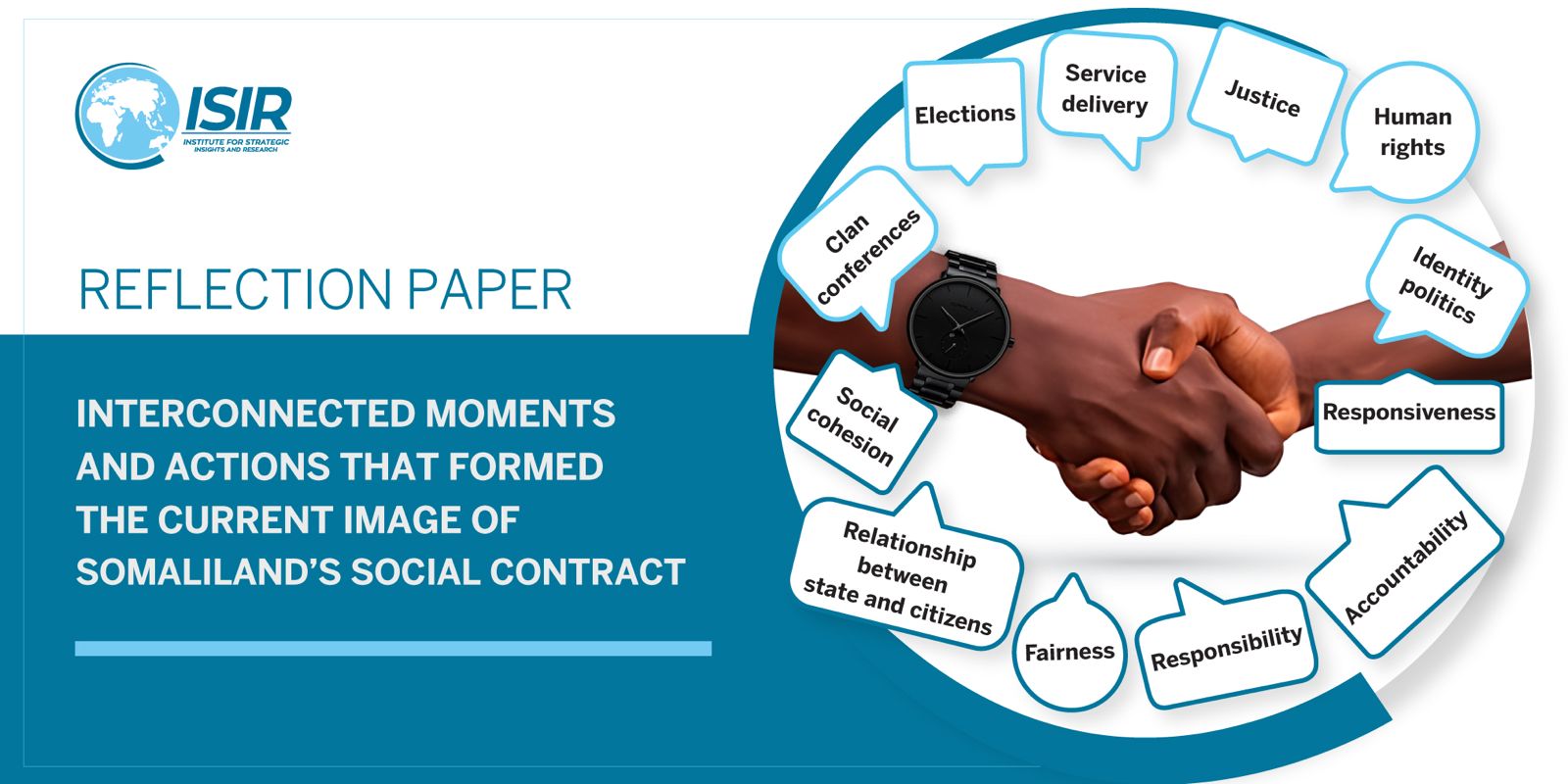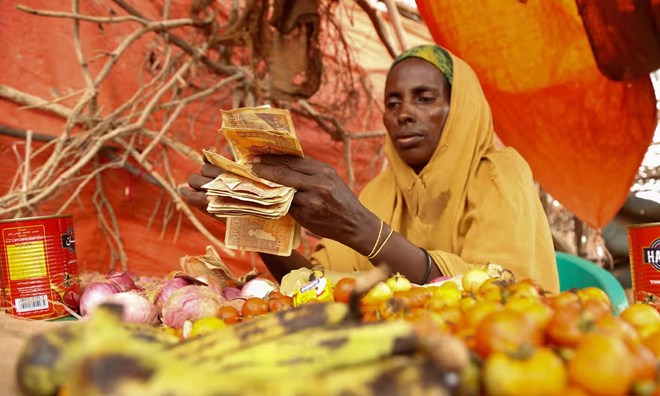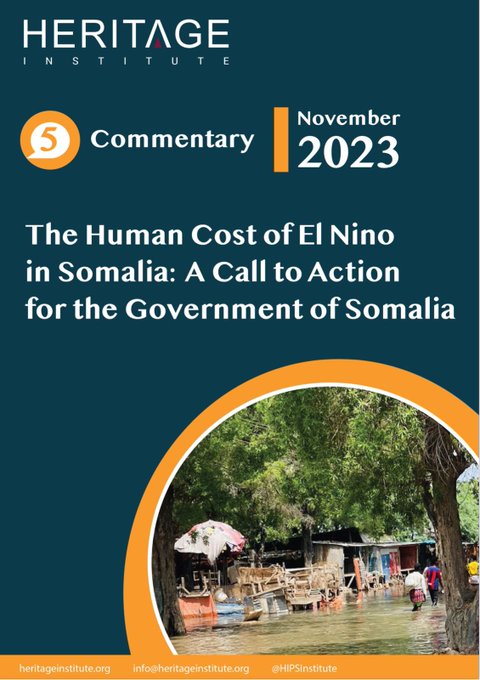Hargeisa (SD) – The voter registration process for the upcoming combined elections of the House of Representatives and Local Council elections was launched on November 29th, 2020 by the National Election Commission (NEC). The current voter registration is an update of the previous mass voter registration conducted in 2016. Upgrading the voter registration database to accommodate eligible citizens who did not register before, duplicate voters, and citizens who are of age to participate in voting.
Article 43 of the 2020 Electoral Act mandates that NEC updates the voter registration at least six months before the elections. To fulfil this legal requirement, NEC has announced the timeline for the implementation of the voter registration exercise for the upcoming elections by dividing the electoral Districts of the country into four clusters. Unlike the voter registration process which has lasted for seven days in 2016; this year the allocated period was four days for each cluster. This has also included four days of awareness raising before the allocated four days or registration. The period for the voter registration this year was shorter because most civilians have registered in 2016, and the current registration period was to upgrade the 2016 database.
Awareness raising was pivotal to a successful voter registration education in urban and rural communities. Voter education campaigns were rolled out by the government and a few civil society organizations including Somaliland Non-State Actors Forum (SONSAF), Somaliland Youth and Development and Voluntary Organization (SOYDAVO), and Youth Volunteers for Development and Environment Conservation (YOVENCO). The campaigns were more or less performed as a formality, but the most effective awareness raising was conducted by grassroot mobilizations and kinships.
The joint efforts by the government and civil societies included the facilitation of the voter registration launching events, publication of voter awareness IEC materials including billboards, stickers, and posters, vehicle-based announcements in both urban and rural areas, and the engagement of community meetings to promote the participation of the voter registration. The vehicles had loudspeakers and prerecorded messages and songs to encourage the residents to register themselves. Additionally, one NEC operator on each vehicle to further explain the voter registration’s benefits and process to the communities and answer their inquiries about the process.
This time, grassroot mobilization and awareness by community members have increased. Awareness raising and mobilization was based on kinship and family ties. Plausible explanations to this increase include that different clans are committed to increase their representation, that politicians linked voter registration with resource sharing and that aspirants’ MPs spearheaded the process to register more voters for themselves. In order to avert such doubts and distrust; the community members and family ties were inclined to be involved with the voter registration process.
The first cluster comprises the four electoral districts in Awdal region (Baki, Borama, Lughaya, and Seyla) and three electoral districts of Maroodi Jeex (Gabiley, Baligubadle and Salahley) making a total of seven electoral districts. The process began on November 29th, 2020 to December 2nd, 2020 with 268 registration centers. Due to a high volume of new registrants in the border areas, the NEC extended the registration by four days in both the Maroodi Jeex and Awdal areas.
The registration process was all electronic and it was straightforward for all ages to have a smooth process. The systems were not designed to assess eligibility, but only to determine if someone has already registered in 2016 with their iris image. Somaliland government has provided all the kits and equipment for the polling centers and has secured internet access for all centers in the duration of the registration. There were some technical challenges several polling centers encountered, but these issues were getting resolved swiftly to not cause a disturbance in the registration process.
The voter registration exercise for the first cluster has generally been successful. Eligible citizens have come out to register to vote in the upcoming combined House of Representatives and Local Councils elections expected to take place in the country in mid-2021. After successfully completing the voter registration process in the first cluster, the Somaliland National Election Commission (NEC) has launched the voter registration process in the second cluster on December 13th, 2020. The second cluster encompasses the district of Hargeisa in the region of Maroodi Jeex and the two electoral districts in the region of Sahil. Eligible citizens in cluster two had the opportunity to register in 317 voter registration centers across the cluster.
Domestic voter registration observers in cluster two have reported a high turnout. Notably, the youth came out in masses to register for the upcoming combined elections. The high turnout is mainly due to grass-root-campaigns conducted by the potential candidates for both the House of Representatives and Local Councilors. There are also many youth civilians who previously have abstained from participating in voting, but now realize the necessity of casting their votes to ideally ensure that responsible and accountable leaders gain power positions in the state system. The second cluster process was entirely peaceful; no security incidents have been reported by the domestic voter registration observers. The turnout for the voter registration in cluster two was unexpectedly high.
Following the productive completion of the first and second clusters, the Somaliland National Election Commission (NEC) has launched the voter registration process for the third cluster on December 27th, 2020. The third cluster encompasses the Togdheer Region, El-Afweyn, Gar-Adag, and Ainaba Districts. Eligible citizens in cluster three had the opening to register in 296 voter registration centers across the cluster.
Voter registration SOYDAVO’s observers have reported that the allocated four days voter registration period was not sufficient for the registrants in cluster three. Numerous local community leaders and officials from the political parties have publicly expressed their concerns about the allocated time. Several of their settlements in the rural side of Togdheer were experiencing droughts. Many families have vacated their homes in the drought affected villages; for them to relocate to settlements which can provide water and other life essentials for them and their livestock. The displacement of key voters has pushed the political parties to rent trucks and pick up the individuals of the settlements from the areas they moved to because of the droughts. After they registered to vote for the upcoming elections; the trucks drove them back to their temporary settlements.
The fourth and final cluster was launched on January 10th, 2020 and it included 324 registration centers in Sanaag and Sool regions. The outcome was reported to be a success; except a minor incident of a bomb being thrown as a threat near a registration center in Sool. Thankfully, no civilians were jeopardized in this unexpected incident. The rest of the process has continued to take place peacefully.
The COVID-19 safety protocols were none the less effective in some areas. Nine members were selected to represent the Somaliland CSOs, and they formed the the CSOs Task Force Committee for COVID-19. They met and presented recommendations on the better response and preparedness mechanisms to the traditional leaders who will relay the message to the rest of the community. The polling stations had posters and banners with COVID-19 health safety protocols.
Categories: Latest News








